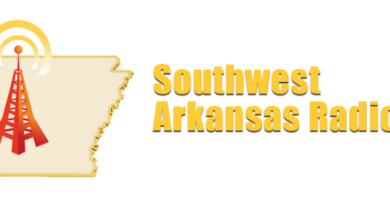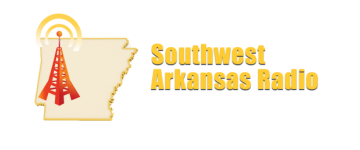State Capitol Week in Review
From Senator Larry Teague
June 5, 2020
LITTLE ROCK – State revenues have gone down because of the economic consequences of the coronavirus outbreak, but not as much as Arkansas budget officials had feared.
In early April the Department of Finance and Administration lowered its official forecast for Fiscal Year 2021 because so many businesses were required to close and so many Arkansas residents suddenly became unemployed.
Later in April the legislature approved state agency budgets for Fiscal Year 2021 based on that revised economic forecast.
Based on tax revenue collected in May, that revised forecast was very conservative. Sales tax collections provided an example of hoping for the best while preparing for the worst. Also sales tax collections in May were down 2.8 percent compared to the previous year, they were still 8.5 percent above the April forecast.
June 30 marks the end of Fiscal Year 2020 and Fiscal Year 2021 begins on July 1. Monthly revenue reports are an accurate gauge of economic activity in Arkansas.
Sales taxes collected on the purchase of motor vehicles and general retail sales tax collections were higher than expected in May.
Individual income tax collections reflect the health of the state’s labor market. Those revenues were above forecast in May by 1.3 percent, but that was mainly due to the changing of the deadline for filing. In order to give taxpayers some relief during the outbreak, Arkansas postponed the deadline for filing state individual income taxes from April 15 to July 15.
Tobacco taxes in May were down 1.1 percent from a year ago, and gaming taxes from casinos were zero, because they were closed in April to prevent the spread of the coronavirus. Taxes collected in April were supposed to be remitted in May. Last year, gaming taxes on casinos collected $6.2 million in May. Taxes on alcohol were down 14.6 percent from the same month in 2019.
Help for Hospitals
Federal funding has helped the state provide crucial services during the coronavirus outbreak. For example, a steering committee appointed by the governor recently recommended spending $109.6 million in federal funds to help Arkansas hospitals.
The CARES Act Steering Committee recommended also that $250 million be put in a reserve fund, to be available in October or afterward.
CARES stands for the Coronavirus Aid, Relief, and Economic Security Act. Arkansas stands to receive about $1.25 billion from the act. To date, the steering committee has allocated $439 million in CARES Act funds.
The aid to hospitals is for expenses such as enhancing protection of patients, visitors and staff to prevent the spread of Covid-19. Also, the funding can be used for improved technology, education, training and preparations.
The hospitals can use the money only for activities for which there is no other source of payment. As one top official said, the hospitals cannot double dip.
The steering committee is considering requests to help local governments and higher education institutions. It also is working on proposals to improve access to broadband Internet in rural areas.
It has allocated money for state prison units to purchase protective equipment, such as masks. State prisons have been hard hit by the coronavirus because so many people are together in enclosed spaces.



